Creators of banned f.lux sleep improvement app call on Apple to open up Night Shift, claim they are the "original innovators"

Night Shift is "an important first step" towards using technology to improve sleep.
The introduction of Night Shift prompted Herf and the f.lux team to issue an open letter, calling on Apple to allow for the release of f.lux on iOS and open up access to the underlying algorithms. It names Night Shift as a "display of commitment" by Apple towards resolving the problems caused by exposure to bright light at the wrong times (ranging from sleep-related problems to risking cancer), and "an important first step" towards using technology to improve sleep. Indeed, Apple opening up Night Shift for developers and scientists to take advantage of would make for a significant contribution to ongoing sleep and chronobiology research, especially given how many people use iOS out there.However, we can't predict whether Apple will do the noble thing, or do what it's been known to do in the past. Approximately two months after banning f.lux, Cupertino introduced Night Shift, which duplicates its essential functionality. History remembers how Watson, a Mac OS X app for internet and local search, effectively "died" after Apple introduced Sherlock, an app that mirrored its functionality and feature set (and is a precursor to Spotlight search). The incident coined the phrase "Sherlocking", which became synonymous with Apple's practice of introducing free alternatives, bundled with its operating systems, to competing software products. Knowing Apple, f.lux will most likely go down as another app that got "Sherlocked".
Follow us on Google News




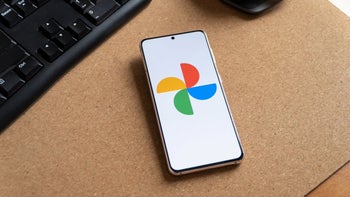
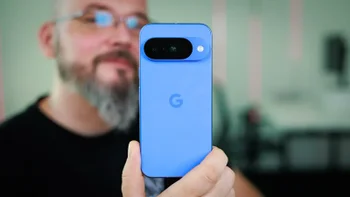

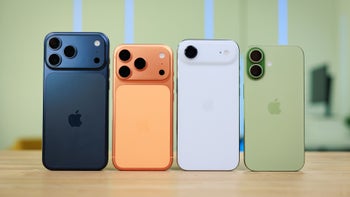
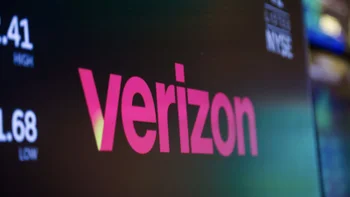
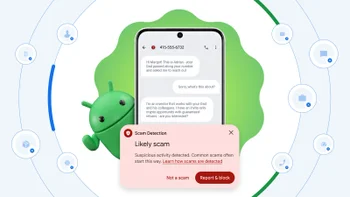

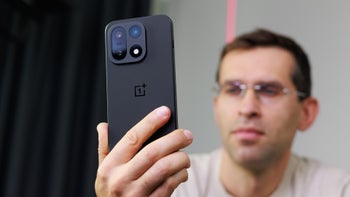

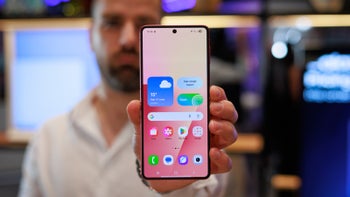
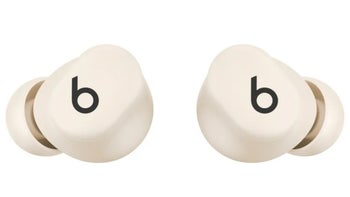
Things that are NOT allowed:
To help keep our community safe and free from spam, we apply temporary limits to newly created accounts: